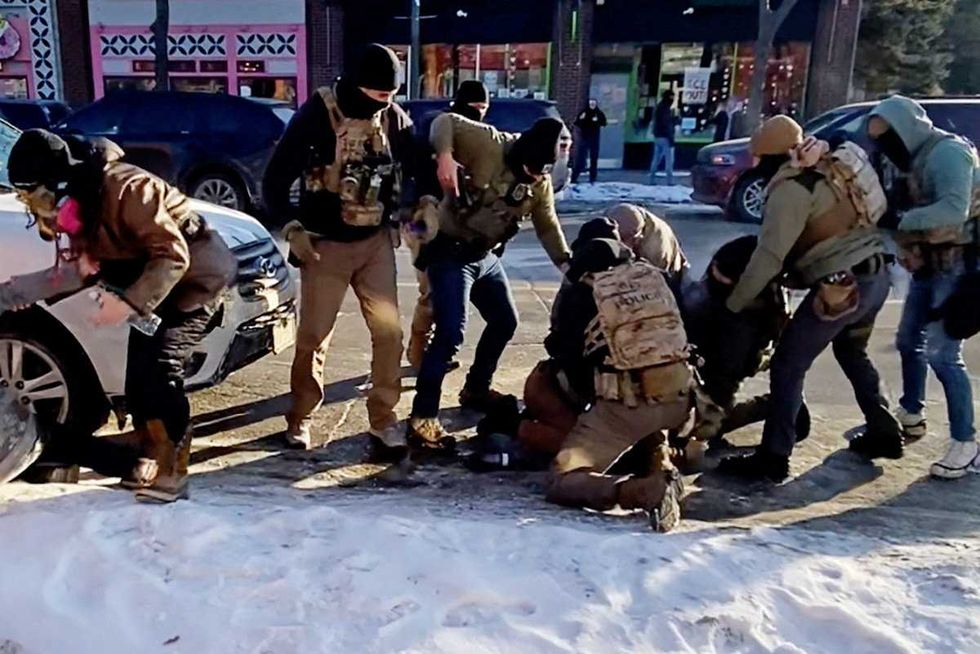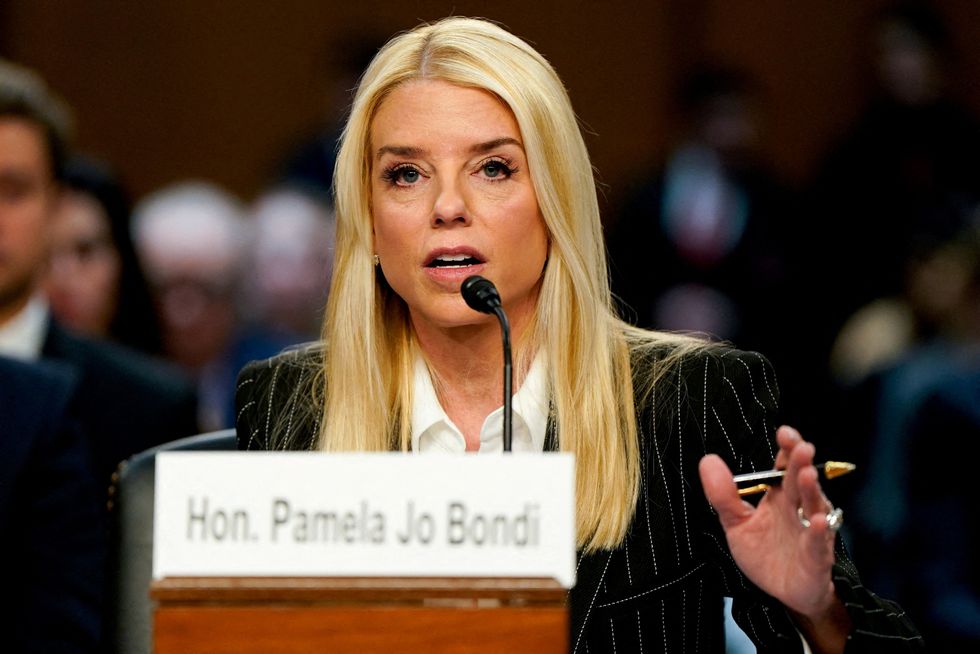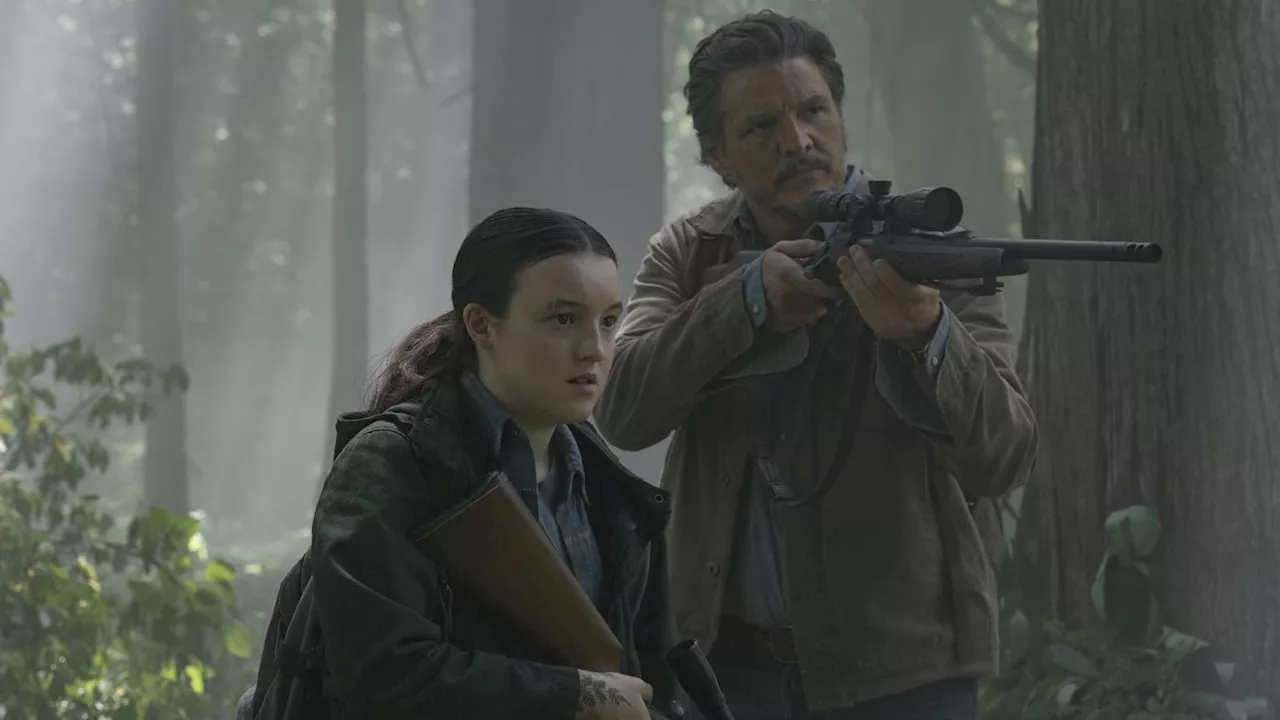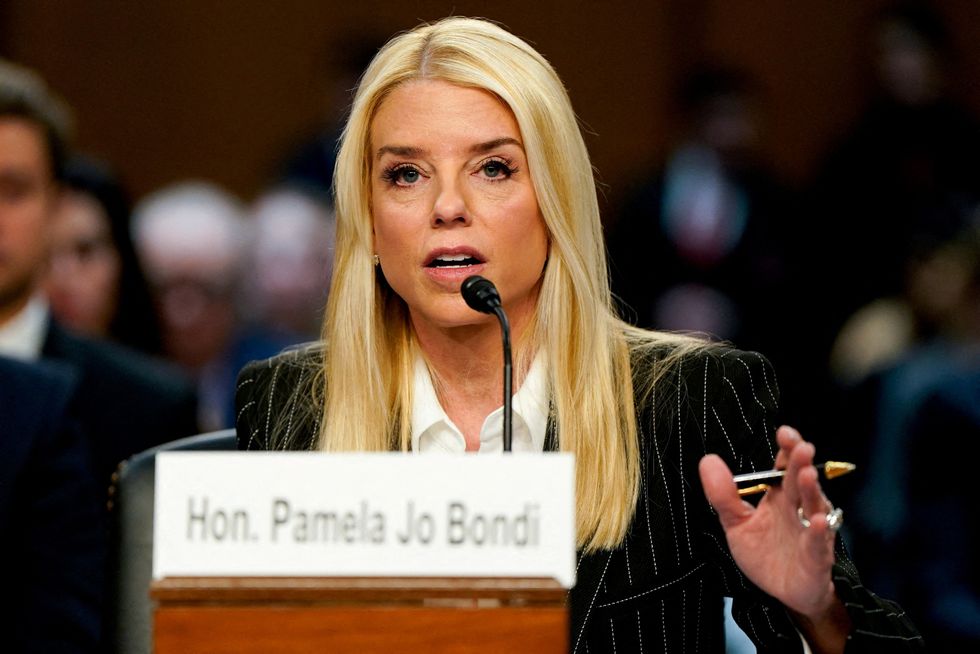
The Federal Circuit has reaffirmed the authority of the United States Patent and Trademark Office (USPTO) director to exercise discretion in denying inter partes reviews (IPRs), rejecting challenges based on due process and the Administrative Procedure Act (APA). On November 6, 2025, the court issued three significant opinions addressing this matter, ultimately concluding that petitioners do not have the right to contest discretionary denials, even when new procedures are applied retroactively.
In a pivotal case, In re Motorola, which the court designated as precedential, the legal battle stemmed from Motorola’s filing of several IPRs under former director Vidal’s interim guidance. Although these IPRs were initially accepted by the Board, the guidance was rescinded earlier this year under the leadership of current director Stewart, who subsequently de-instituted Motorola’s petitions. Motorola sought a writ of mandamus, arguing that the rescission and retroactive application of new policies violated both its due process rights and APA requirements.
The Federal Circuit dismissed Motorola’s claims thoroughly. The court found no violation of due process, stating that director Vidal’s interim guidance did not guarantee a specific outcome and that Motorola failed to demonstrate a protected property right under the Due Process Clause. Furthermore, the court determined that Motorola did not experience any significant unfair surprise from the retroactive application of the new policies.
On the matter of the APA, the court held that Motorola’s arguments constituted an attempt to circumvent the review limitations established by Section 314(d) regarding discretionary denials. This ruling establishes a clear precedent that the USPTO director possesses broad authority to deny IPRs at their discretion, and petitioners currently lack a mechanism to challenge such decisions.
The Federal Circuit also addressed similar cases involving Google and SAP, issuing nonprecedential opinions that echoed the conclusions drawn in the Motorola case. The court reiterated that relief on these issues is effectively barred by the Motorola ruling, reinforcing the USPTO director’s expansive discretion in denying IPRs.
Despite the court’s ruling, there may be exceptions for claims that raise constitutional concerns or specific statutory challenges, as suggested in the Motorola opinion. The Federal Circuit hinted that ongoing challenges regarding director Stewart’s and director Squires’s discretionary denials might reveal whether any such exceptions apply, particularly in relation to the “settled expectations” policy.
In light of these developments, parties seeking to challenge issued patents at the USPTO are encouraged to explore alternative strategies, such as Post Grant Reviews and ex parte reexaminations. Unlike IPRs, these options are not currently subject to the same discretionary denial issues. The interest in ex parte reexaminations is reportedly on the rise, as practitioners adapt to the changing landscape of post-grant proceedings.
For those unfamiliar with ex parte reexamination practices, effective integration between patent prosecution, post-grant, and litigation counsel will be essential. This collaboration will help navigate the complexities of claim amendments, petition processes, and examiner interviews, which differ significantly from IPR proceedings under the America Invents Act (AIA).
The Federal Circuit’s decisions mark a significant moment for patent law, underscoring the evolving landscape of patent challenges and the need for strategic adaptation by stakeholders in the intellectual property arena.







